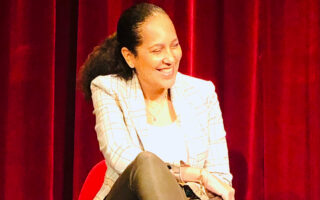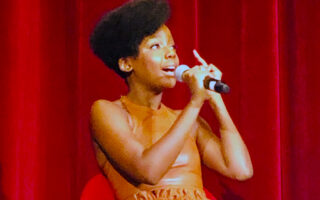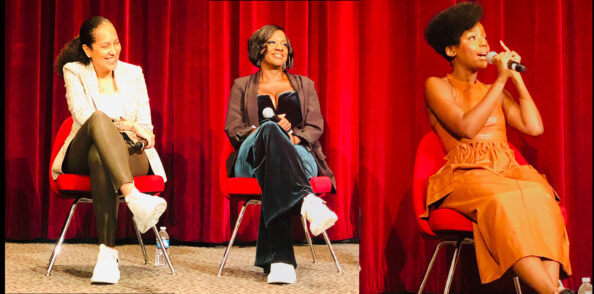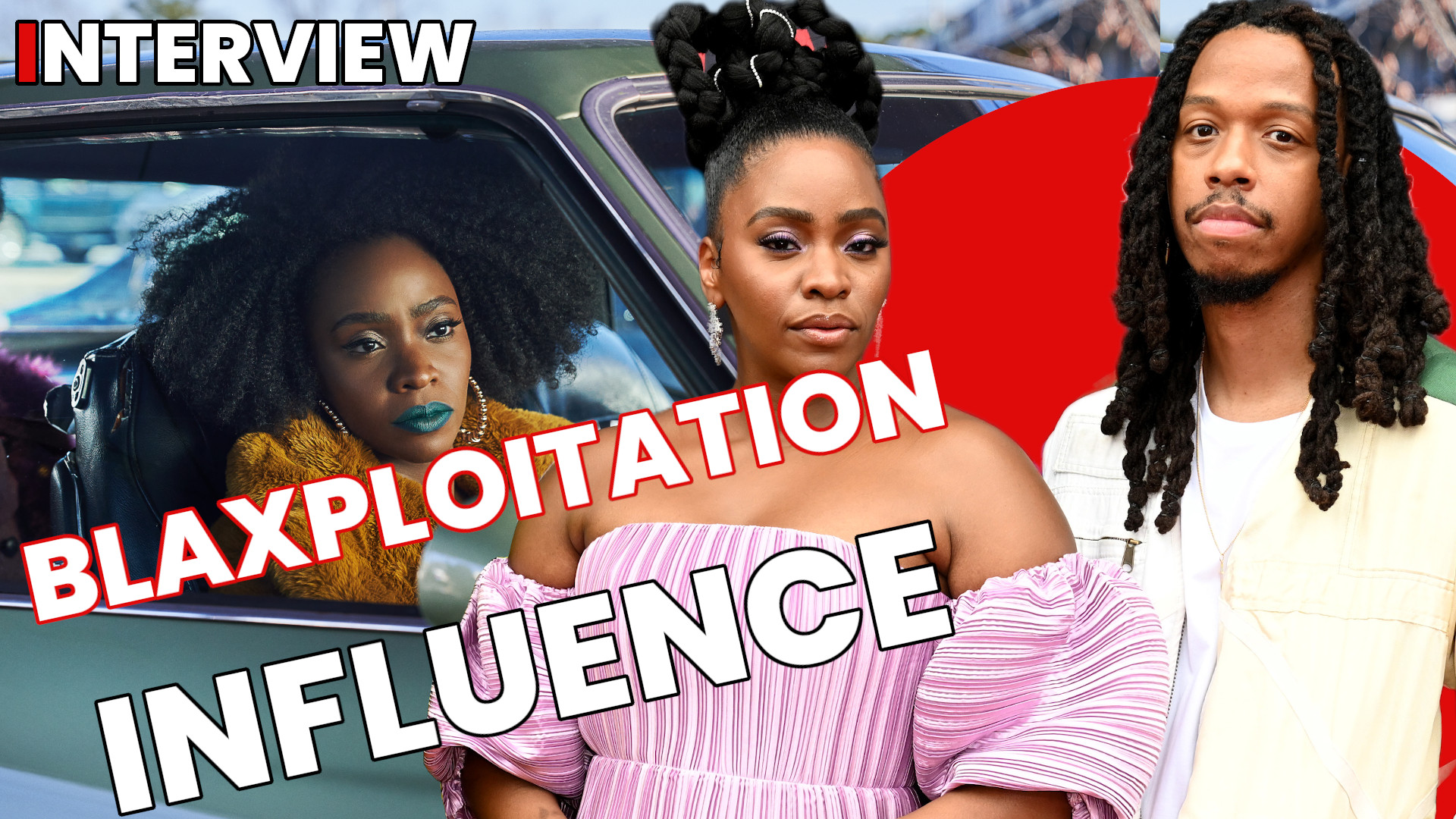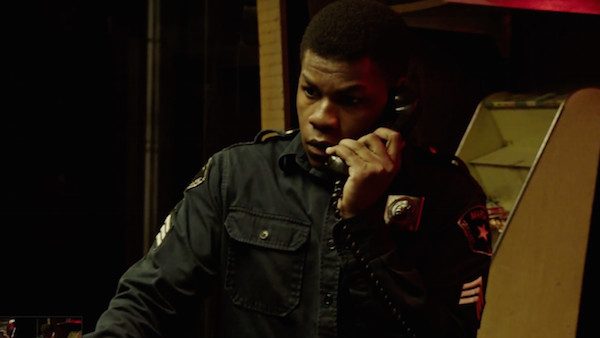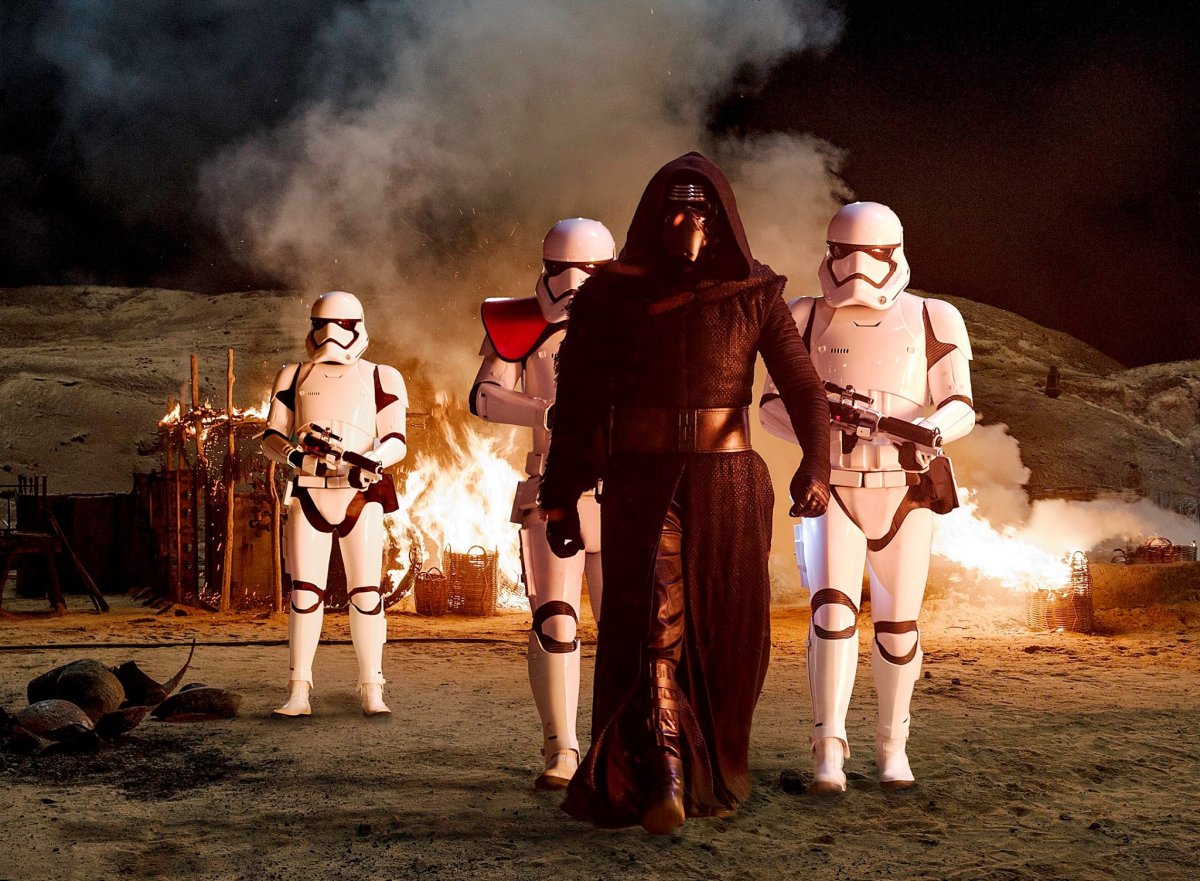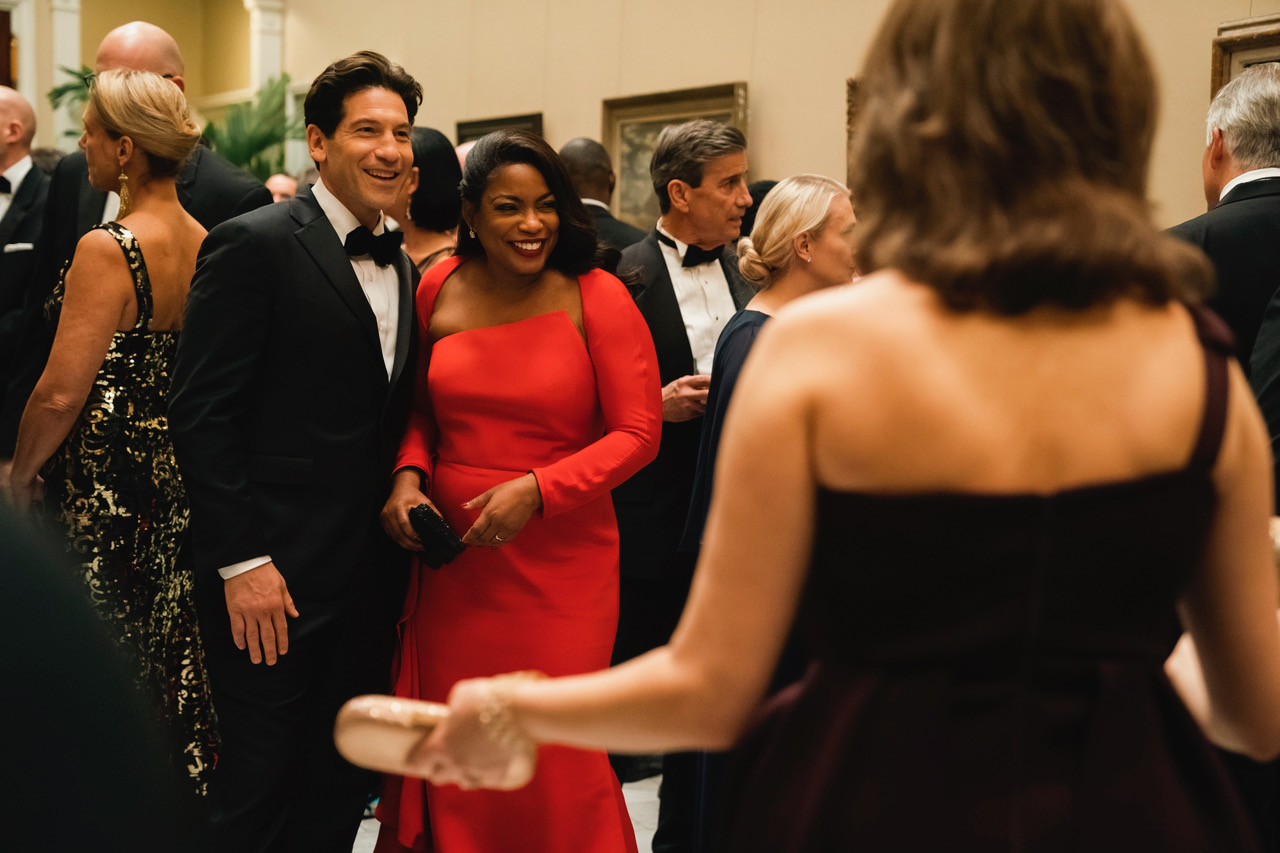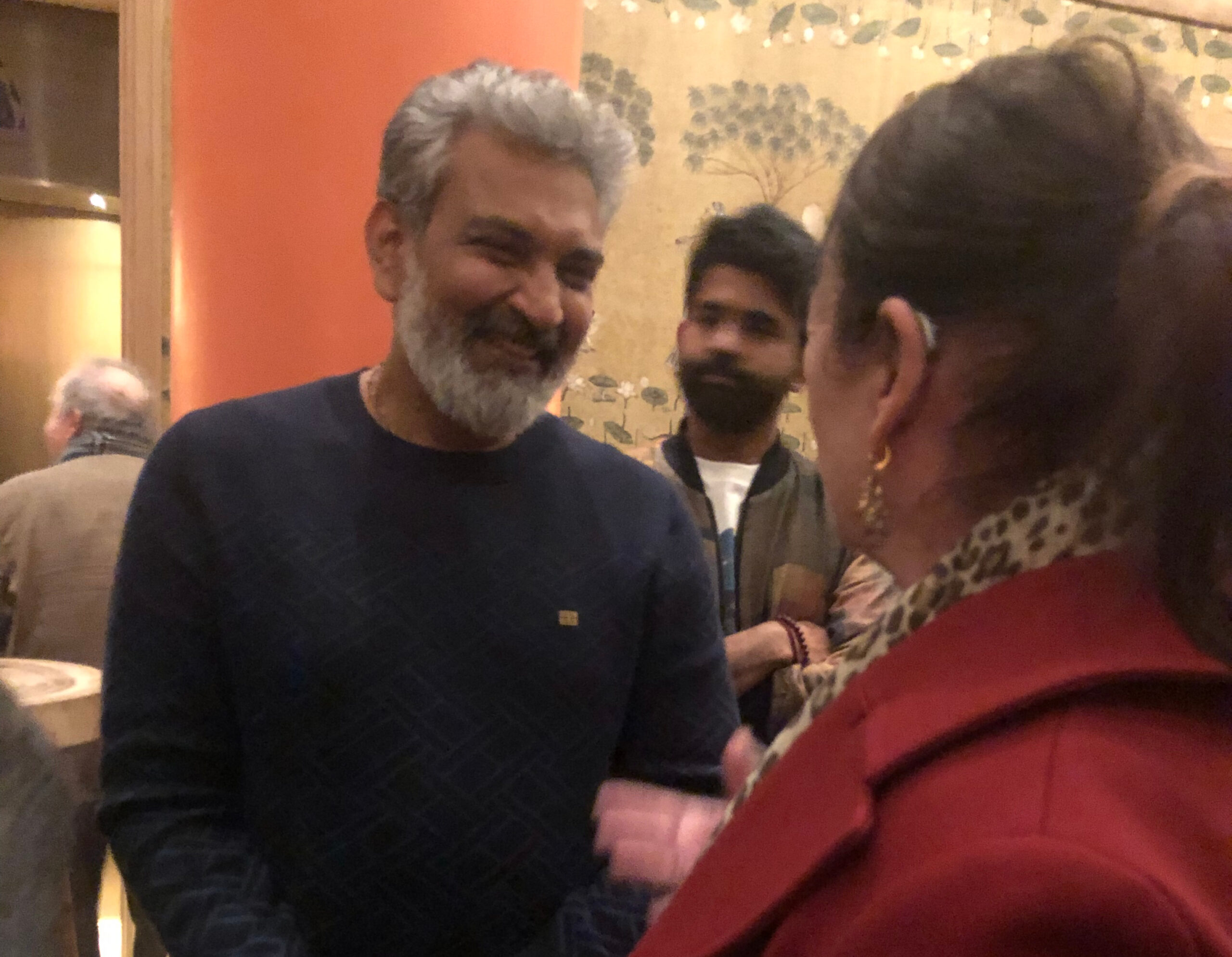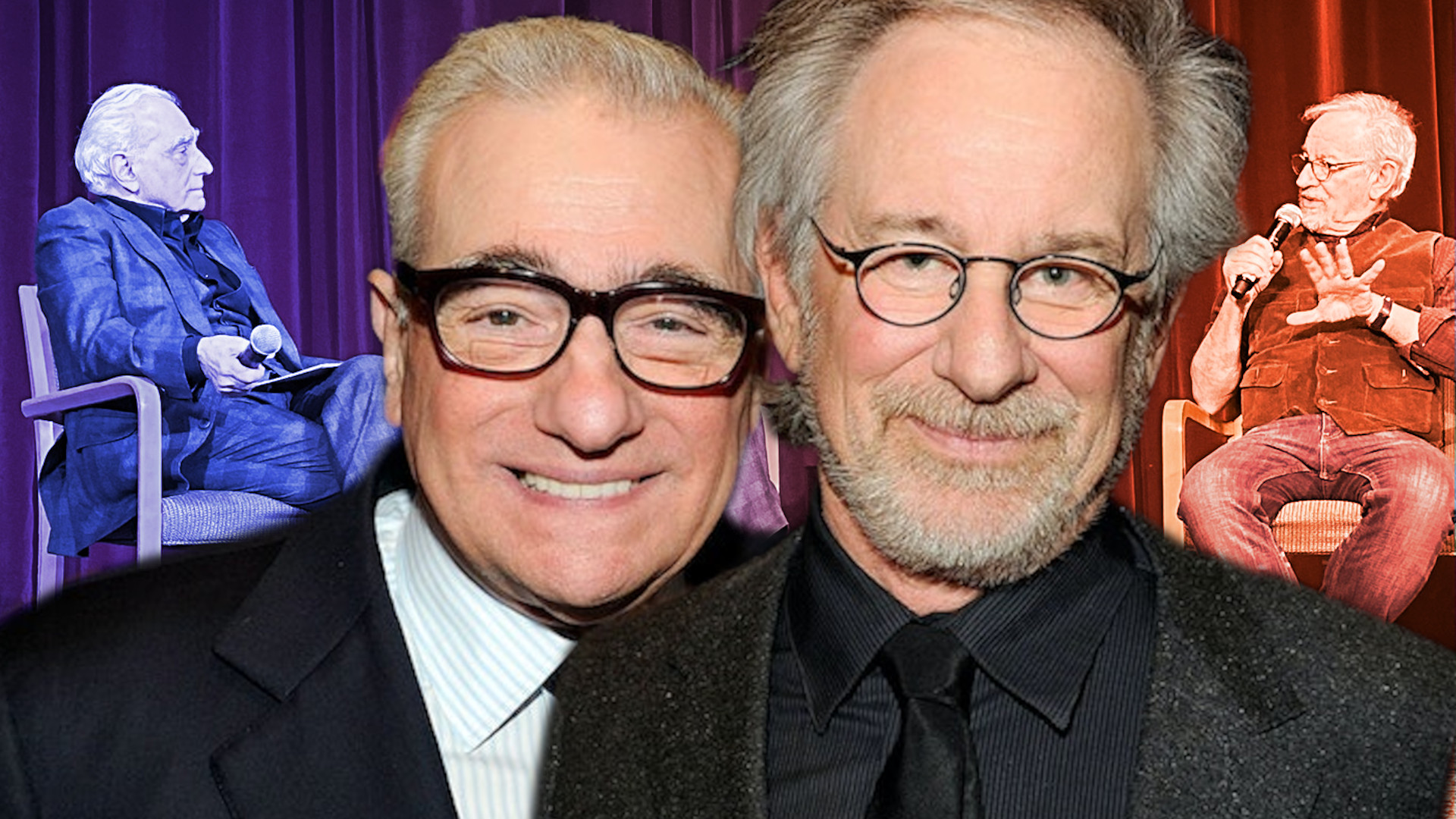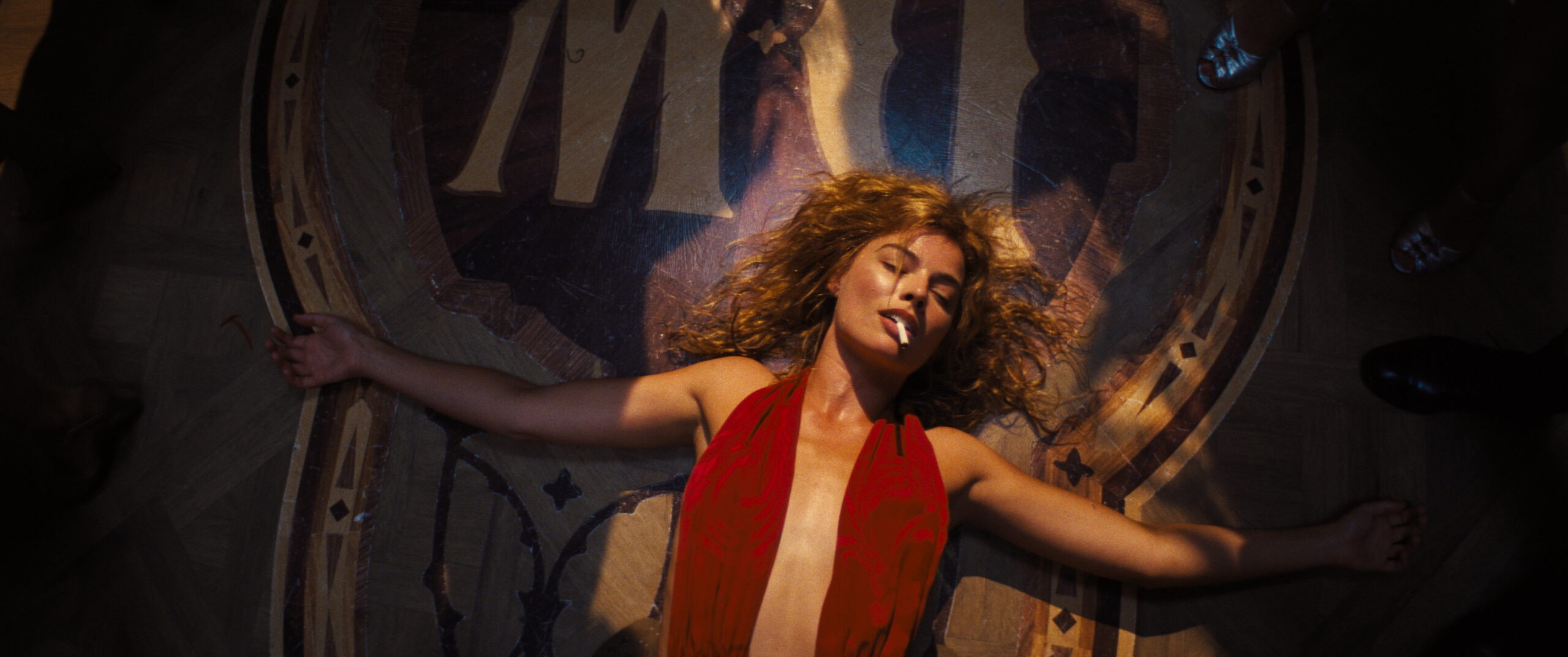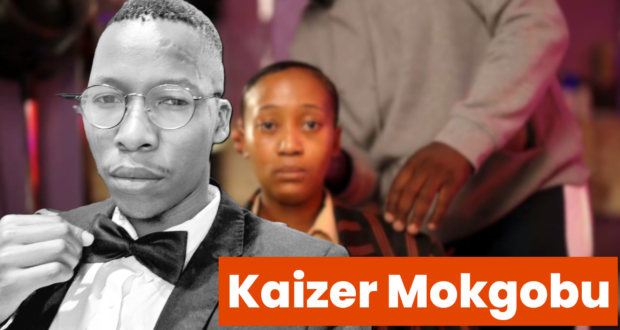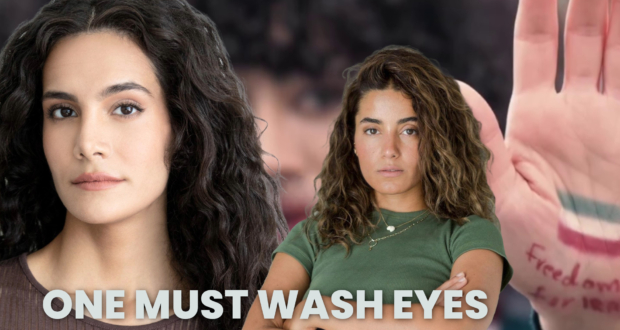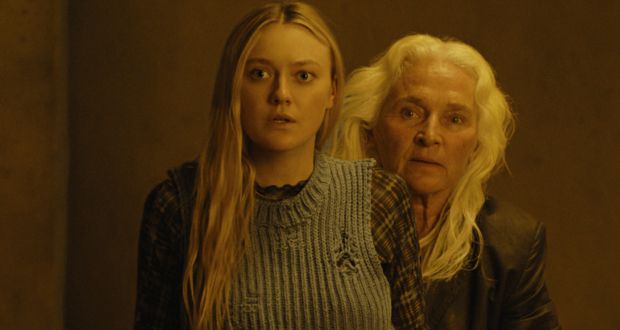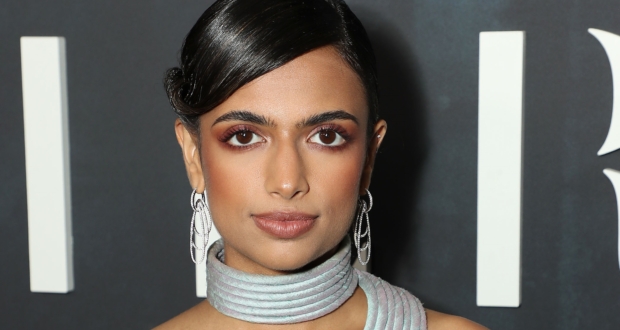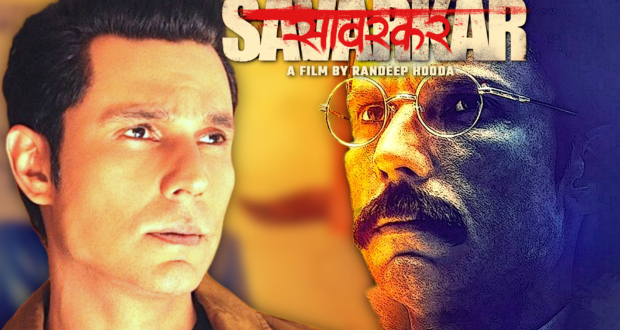By Paula Schwartz
In “The Woman King,” Viola Davis stars as the fierce leader of the Agojie, an all-female warrior troop who protected the West African Kingdom of Dahomey in the 1800s. Portrayed in the film as the tribe’s cast-offs and disenfranchised, they forswear marriage and motherhood to focus on rigid military demands.
Despite rapturous reviews coming from Toronto where the film premiered, most of the pre-opening online chatter focused on whether movie audiences would rush to see a historical epic starring an all-female cast, especially a cast of dark-skinned Black women. The gloomy online prognostications seemed anti-female, even worse. They were also wrong.
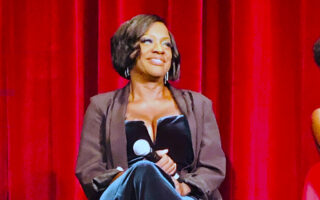 Just about now, Viola Davis and her husband and producing partner Julius Tennon should be popping open the champagne. “The Woman King” ruled at the box office with a $19 million debut. The New York Times crowed the film “surprises With $19 Million” launch. Even Sony estimated a modest $12 million opening. The film cost $50 million, not including marketing costs. Meager compared to many male-centric action thrillers. (Paramount’s “Top Gun: Maverick” cost $170 million and admittedly the two movies couldn’t be more opposite but this gives an idea of how much an action movie with a big star can cost.)
Just about now, Viola Davis and her husband and producing partner Julius Tennon should be popping open the champagne. “The Woman King” ruled at the box office with a $19 million debut. The New York Times crowed the film “surprises With $19 Million” launch. Even Sony estimated a modest $12 million opening. The film cost $50 million, not including marketing costs. Meager compared to many male-centric action thrillers. (Paramount’s “Top Gun: Maverick” cost $170 million and admittedly the two movies couldn’t be more opposite but this gives an idea of how much an action movie with a big star can cost.)
Both the intimate, emotional relationships between the women, and the beautifully choreographed fight scenes, are expertly directed by Gina Prince-Bythewood. I’ve long been a fan of this director’s work, from “Love & Basketball” to “Beyond the Lights” and more recently, “The Old Guard,” which proved she knew how to stage a thrilling fight scene. But be prepared. The battle scenes in “The Woman King” are bloody and grisly and sometimes I watched through fingers covered over my face.
I attended a SAG screening of “The Woman King” a few days before the film’s opening on September 16. After seeing the film I’m not surprised by the movie’s early success. The film is terrific, a roller-coaster of an action-adventure that never lets up. From the opening scene, when Viola Davis as General Nanisca raises her sword and literally leaps into battle, you are hooked. I loved the film, and the women warriors and their stories of unwavering resistance to injustice which makes you root and fear for them intensely. There is a sense of empowerment women can’t help but feel when they see such strong women on screen. It’s also a rarity.
But back to Viola Davis, 56 when she shot the film, she is fit and kicks butt and is totally believable at it. Not a shocker but a pleasant revelation of another side to her many talents (Did we mention she also has a memoir on the New York Times bestseller list?)
Viola Davis has been tirelessly promoting the film. She, along with the director, and cast members Sheila Atim, John Boyega, Thuso Mbedu, and Lashana Lynch participated in the Q&A after the screening. Following are highlights:
Gina Prince-Bythewood on the pre-production process and training for the actors
“That is my favorite part of the process; is building characters with actors, especially incredible actors like this. Building the relationships. For this one though, I knew that the best bonding was going to be that training. The intense training, I knew it was going to be part of the rehearsal process, part of the building the character, and then part of building the sisterhood. .. We keep saying training, but it was months of six days a week, two times a day, five hours a day, to be able to embody these characters fully, do their own fighting, do their own stunts. But I love it because you saw them change. When you train that deeply, it changes your mindset. It changes your swagger. It changes the way you walk, the way you think about yourself, and the way they thought about each other.
And to see them encourage each other, to be competitive with each other, which I love healthy competition, to foster that, encourage that. But also in the rehearsal process, putting different people together and having those deep conversations. The backstory that I asked them all to share with me, every one of their backstories, I want to make that movie. It was that deep and that good.”
John Boyega, who plays the haughty imperious king, on what it is like to get an email from Viola Davis to play this part:
“At first, I thought it was a joke. And then I got the follow-up email from Gina and a whole bag of assistants. I said, Yeah, that’s the real VD.
That’s the real situation. But it felt like a call to action. It felt like Gina had been kind of observing me for a while, and I’ve also secretly found Gina in her work for a while and she spoke to me like The Man. I mean, normally these conversations are offered through agents and it has kind of like a corporate flavor to it. But Gina is almost as if we knew each other before as she was speaking to how I was feeling at that time and at that moment. And from then I was just like, Yeah, of course, I’m going to come on set… and (do this).”
Viola Davis on being a producer and a star and coming together on both the business and creative side:
“You know what? Okay, it’s because I want to be honest, it feels right. It feels like agency, which is I’m owning my own voice. I’m taking back my power. It’s autonomy. It feels fantastic. Okay. That’s what it feels like. But it’s also incredibly frightening. The thing about it is when you’re doing something that’s never been done before, it’s exciting, right? But at the same time, it’s frightening because it’s never been done before. Because you are injecting something out there into the world that you just pray people are ready for. And you just don’t, you listen, I know it’s great. I do. I know it’s, look at this.
It has been the ride of my life in every single way, and then you have to put it out there in the world and you hope people will receive it and it means something to you. I refuse to believe that I’m injecting it into a world that is resistant to it. Because what that says to me is something I can’t go there. These are dark skin, black women. You know what, these are incredible actors who can lead a global box office. Black women, black men, white women, white men, everybody. There is something for you in this movie because it’s human. Go see the movie and then you go see the movie and then you ask me that question again.”

